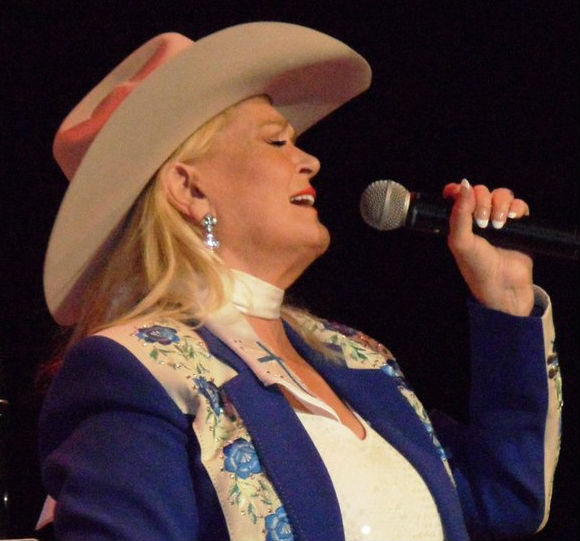|
Rose Garden (song)
"Rose Garden" (sometimes titled "(I Never Promised You A) Rose Garden") is a song written in 1967 by American singer-songwriter Joe South. It was first recorded by Billy Joe Royal on his 1967 studio album ''Billy Joe Royal Featuring "Hush"''. Versions by South himself and Dobie Gray appeared shortly after the original. Gray's version became a minor hit in North America in 1969. In 1970, Lynn Anderson recorded "Rose Garden" after hearing Joe South's version. However, Anderson's producer rejected the song's recording because he did not consider it to be a female tune. After much convincing, the song was eventually recorded and released as a single by Columbia Records. The song became a crossover hit after it reached both the American ''Billboard'' country and pop charts. "Rose Garden" also became a major hit worldwide, reaching the number one spot in multiple countries. "Rose Garden" has since been recorded by artists of various styles and musical genres. Notable covers include ... [...More Info...] [...Related Items...] OR: [Wikipedia] [Google] [Baidu] |
Billy Joe Royal
Billy Joe Royal (April 3, 1942 – October 6, 2015) was an American country soul singer. His most successful record was " Down in the Boondocks" in 1965. Life and career Born in Valdosta, Georgia, to Clarence and Mary Sue Smith Royal, and raised in Marietta, Georgia, Royal performed at the Georgia Jubilee in Atlanta during his teens. He formed his own rock and roll band, and became a local star at the Bamboo Ranch in Savannah in the late 1950s and early 1960s, where his singing style was influenced by African-American performers, including Sam Cooke. Royal was a friend of performer and songwriter Joe South, and recorded what was intended as a demo of South's song " Down in the Boondocks". The recording was heard at Columbia Records, who offered Royal a singing contract in 1965 and released his version of the song, produced by South. "Down in the Boondocks" remained his best-known song, reaching number 9 on the ''Billboard'' Hot 100, and number 38 in the UK. He followed up ... [...More Info...] [...Related Items...] OR: [Wikipedia] [Google] [Baidu] |
Bob Dylan
Bob Dylan (legally Robert Dylan, born Robert Allen Zimmerman, May 24, 1941) is an American singer-songwriter. Often regarded as one of the greatest songwriters of all time, Dylan has been a major figure in popular culture during a career spanning more than 60 years. Much of his most celebrated work dates from the 1960s, when songs such as "Blowin' in the Wind" (1963) and " The Times They Are a-Changin' (1964) became anthems for the civil rights and antiwar movements. His lyrics during this period incorporated a range of political, social, philosophical, and literary influences, defying pop music conventions and appealing to the burgeoning counterculture. Following his self-titled debut album in 1962, which comprised mainly traditional folk songs, Dylan made his breakthrough as a songwriter with the release of ''The Freewheelin' Bob Dylan'' the following year. The album features "Blowin' in the Wind" and the thematically complex " A Hard Rain's a-Gonna Fall". Many of his s ... [...More Info...] [...Related Items...] OR: [Wikipedia] [Google] [Baidu] |
Nashville Sound
The Nashville Sound originated during the mid-1950s as a subgenre of American country music, replacing the chart dominance of the rough honky tonk music, which was most popular in the 1940s and 1950s, with "smooth strings and choruses", "sophisticated background vocals" and "smooth tempos" associated with traditional pop. It was an attempt "to revive country sales, which had been devastated by the rise of rock 'n' roll" as a distinct genre from the rockabilly spawned from it. Origins The Nashville Sound was pioneered by staff at RCA Victor, Columbia Records and Decca Records in Nashville, Tennessee. RCA Victor manager, producer and musician Chet Atkins, and producers Steve Sholes, Owen Bradley and Bob Ferguson, and recording engineer Bill Porter invented the form by replacing elements of the popular honky tonk style ( fiddles, steel guitar, nasal lead vocals) with "smooth" elements from 1950s pop music (string sections, background vocals, crooning lead vocals), and using ... [...More Info...] [...Related Items...] OR: [Wikipedia] [Google] [Baidu] |

